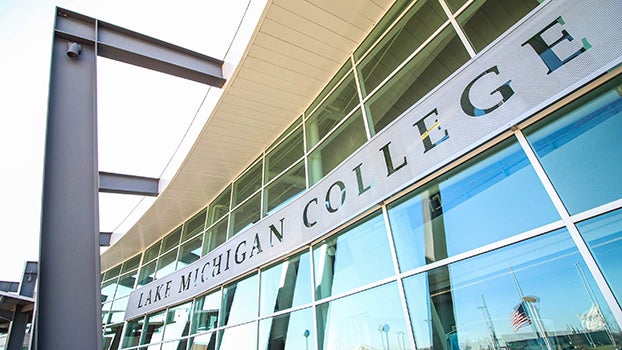Trooper Rob: Teach kids the dangers of ‘sexting’
Published 10:50 pm Wednesday, July 27, 2011
I have a class I have taught the last part of this past school year on “sexting.” This is the use of the cell phone to send inappropriate, usually nude, pictures to another. It involves children under 18 years of age. There have been cases in the area involving this.
The beginning of the presentation explains to the student about our space program in 1969. It then continues stating that the cell phones, iPhones and iPads of today places more technology in the palm of their hands than we had in 1969 to put a man on the moon. Does this sound deadly? Most students are amazed and would agree. The presentation concludes with a story of Jesse Logan, who “sexted” a photo of herself to her boyfriend. When they broke up, that photo was sent to every girl in her high school. Because of the harassment and teasing, Jesse later committed suicide.
With the technology of the phones and the knowledge children today possess of computers, it seems that the danger is steadily increasing. Another example is with bullying. As I explained in my first article, bullying used to be a one-on-one situation: the bully versus the target. The target would go home after school, knowing the home was a “safe haven.” Now with computers and texting, the target may open up the e-mail to see more bully words and comments. Instead of the 20 or 30 kids who laughed about it at school, there are now about 20,000 to 30,000 people laughing about it.
So, with that, this week’s Smart Summer Campaign question is: What Internet sites did your kids visit today? Are you sure? While your child is home alone during the summer, what have you done to limit the computer use? Parents ask how they can track Internet sites without being a snoop. Most parents are concerned about being respectful of their child’s privacy; however it is important to remember that the Internet is a public place. Every single activity leaves a footprint that can be traced. It is really important to help your child understand that nothing is private on the Internet and that as his or her parent, it is your responsibility to monitor activity to keep him or her safe and protected.
The Center on Media and Child Health recommends limiting computer use to one hour on school nights and two hours on weekends. Preschoolers should be limited to 20 to 40 minutes a day.
Three tips for young people are:
• Keep safe. It is important to keep your personal information safe; never disclose your address, phone number, etc. online.
• Keep away. Stay away from Internet strangers because you have no way of knowing who they are. Never meet people from the Internet face-to-face without talking with your parent first.
• Keep telling. Talk to your parents or another adult about the Internet and always tell someone if something on the Internet makes you feel unsafe or uncomfortable.
Three tips for parents are:
• Keep current with the types of technology that your child uses. It is important to have a basic understanding in order to keep your child safe.
• Keep communicating with your kids about what sites they visit on the Internet; keep the communication lines open about what experiences they have had and what your expectations are.
• Keep checking your child’s activity on the Internet. Don’t keep this a secret, let them know that you will be checking periodically, Remind them that the Internet is not private and activity can be tracked.
Must-see websites parents should view are www.ikeepsafe.org, www.netlingo.com , www.Gomcgruff.com, www.cmch.tv and www.comcast.net/security.
Learn the “lingo” and be the POS (parent over shoulder) because YTB (you’re the best). For more information about the Smart Summer Campaign, visit www.Facebook.com/CASS.Community.
E-mail your questions to me at trooperrob53@yahoo.com.






